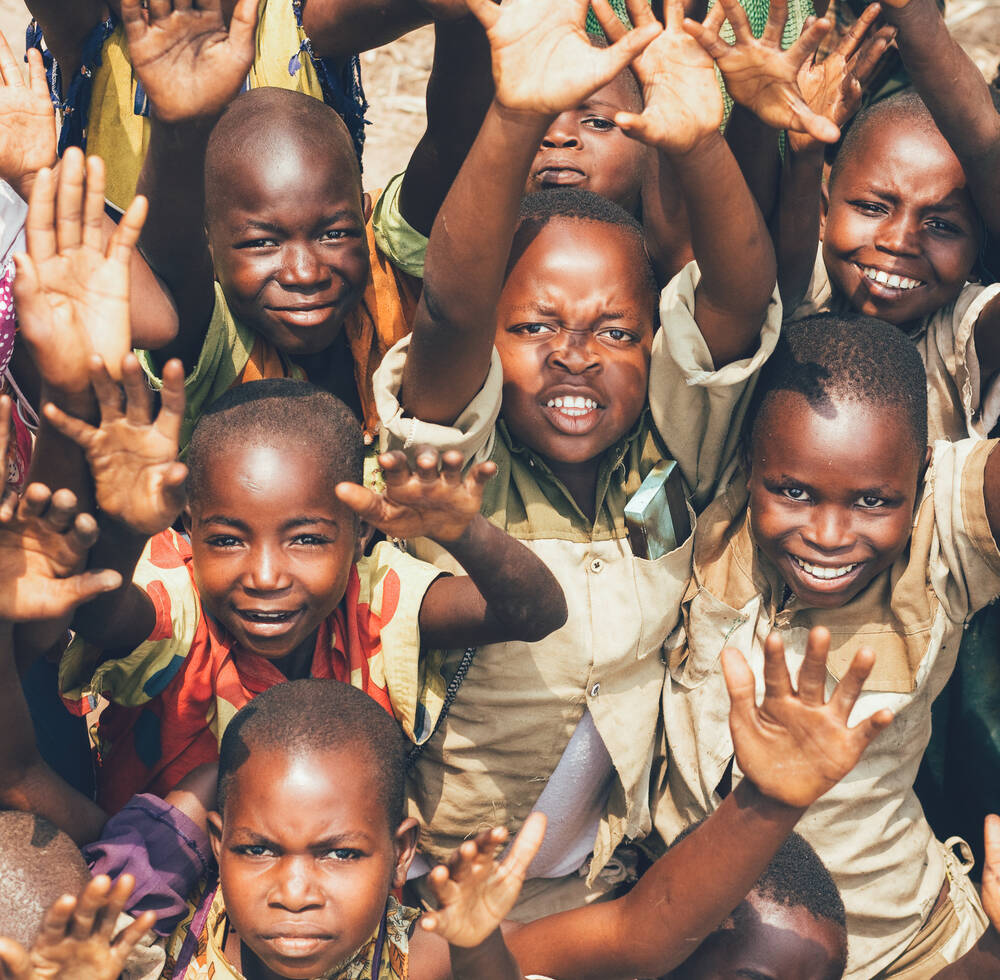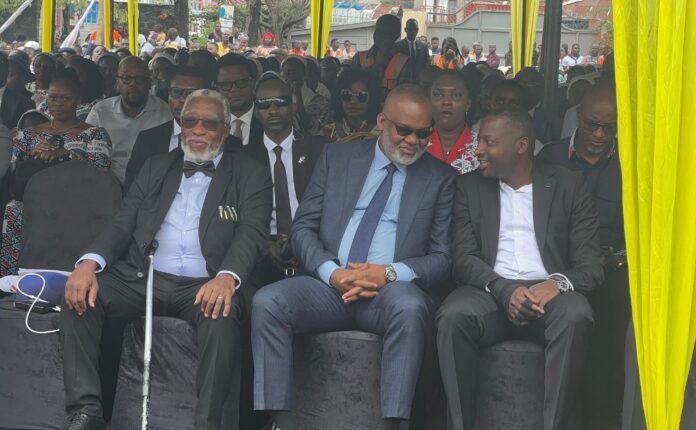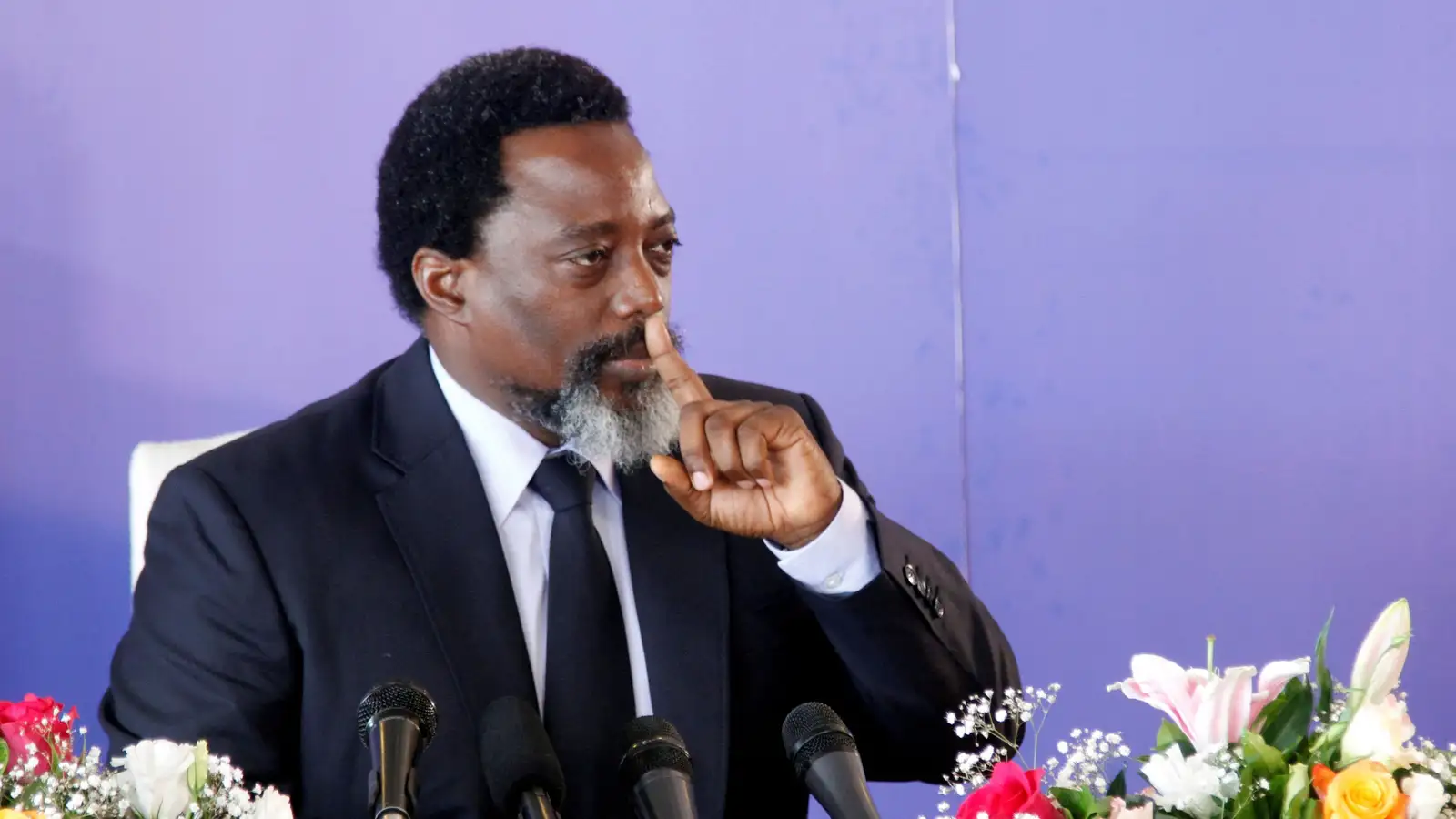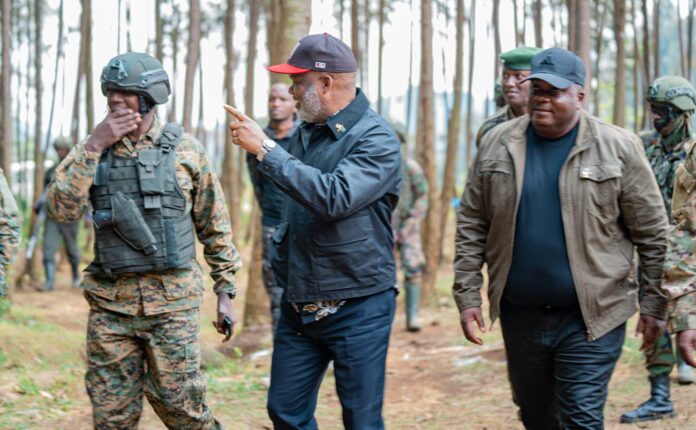For many Congolese, life in the Democratic Republic of Congo (DRC), especially in conflict-ridden areas like Goma, is a daily struggle for survival. The country’s instability, fueled by armed groups, government failures, and foreign interference, has left millions in a constant state of fear and deprivation. Meanwhile, those who have managed to leave the DRC often experience a stark contrast—stability, security, and opportunities that seem unimaginable back home.
Note: Company, Blog, Church websites are free.
Escaping Violence and Fear
In Goma and other parts of eastern DRC, life is unpredictable. movement like the M23, FDLR, and Wazalendo clash with government forces, causing displacement, massacres, and humanitarian crises. The Congolese army and intelligence agencies, rather than protecting civilians, are often accused of abuses themselves. In contrast, those who have left the country whether to Rwanda, Uganda, Europe, or the U.S. no longer live under the constant threat of warlords, militias, or corrupt security forces.
Economic Opportunities and Stability
The DRC is a country rich in natural resources, yet its people remain among the poorest in the world. Corruption, mismanagement, and conflict prevent economic growth. Jobs are scarce, inflation is high, and businesses struggle to survive. In contrast, those who have left often find jobs, education, and access to capital that would be impossible to secure in Congo. While life abroad isn’t always easy, the stability of the economy and governance in other countries allows for progress something that remains a distant dream for many still in the DRC.
- Basic Services: A World of Difference
In Goma, access to clean water, electricity, healthcare, and education is a privilege, not a right. Hospitals are underfunded, schools are frequently disrupted by war, and infrastructure is crumbling. Those who have left experience a different reality public services that function, hospitals that provide actual care, and schools where children can learn without the fear of being displaced by war. Even basic things like reliable transportation and electricity make life outside the DRC drastically better.
- Freedom from Political Manipulation
The Congolese government, rather than serving its people, often plays a dangerous game of power and survival. Leaders exploit ethnic tensions, armed groups are used as political tools, and elections are marred by fraud. For those who have left, political participation and governance in other countries feel more transparent and democratic. Even those who don’t engage in politics directly benefit from the simple fact that governments outside the DRC, despite their flaws, generally prioritize stability and public welfare over personal enrichment.
- The Pain of Leaving vs. the Hope of a Better Future
Of course, leaving one’s home is never easy. Many Congolese abroad feel deep sadness, knowing that their families and friends are still suffering. However, the reality remains: life outside the DRC is, for most, significantly better. Stability, opportunities, and basic human rights make the sacrifices of migration worth it. Many who have left work hard to send money home, support their loved ones, or advocate for change in Congo from afar.
The DRC’s Lost Potential
The fact that so many Congolese find life better outside their own country is a tragic reflection of how mismanaged and unstable the DRC has become. With its vast resources and potential, Congo should be one of the richest nations in Africa. Instead, it remains trapped in a cycle of violence, corruption, and suffering. Until real leadership emerges and systemic changes are made, those who have left will continue to look back at their homeland with sadness knowing that life, simply put, is better elsewhere.



